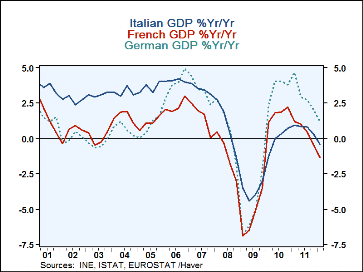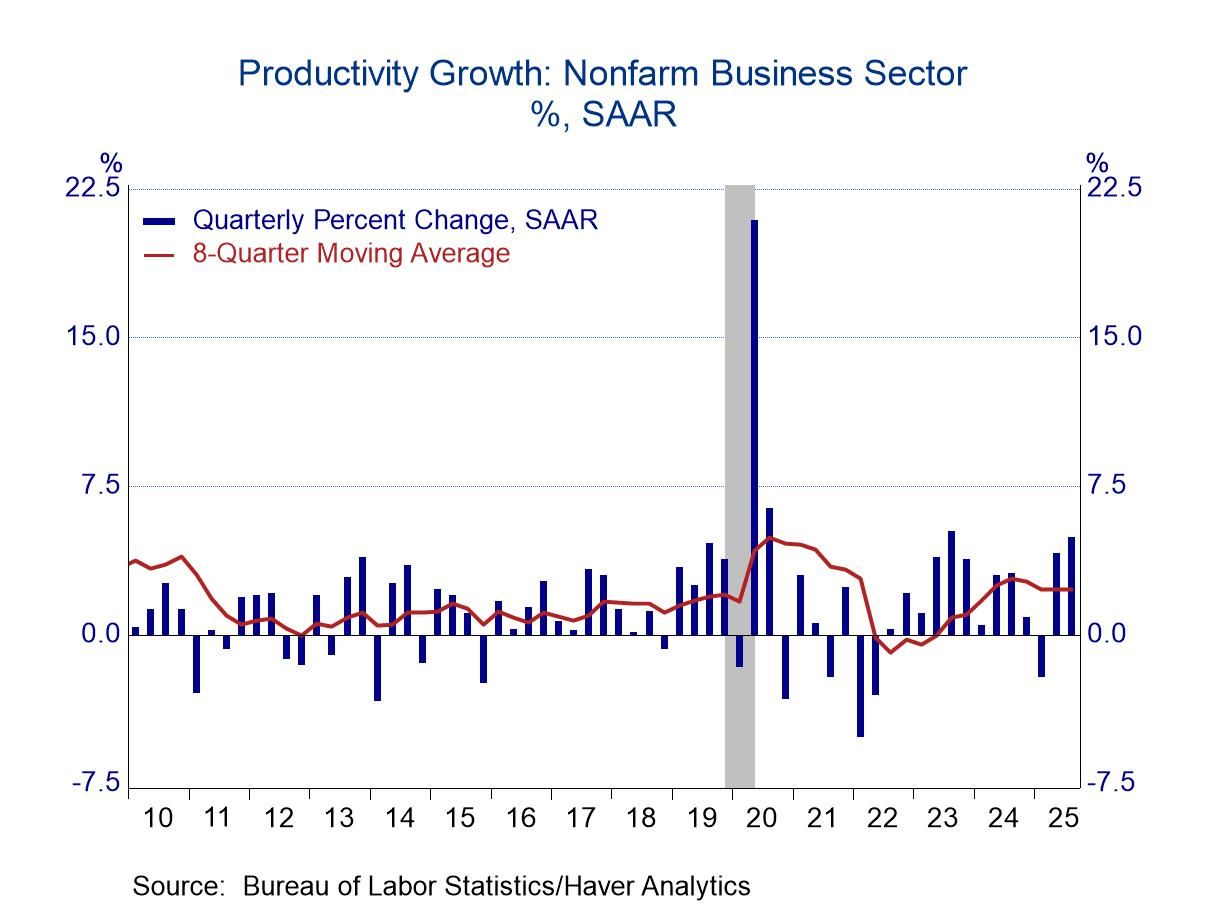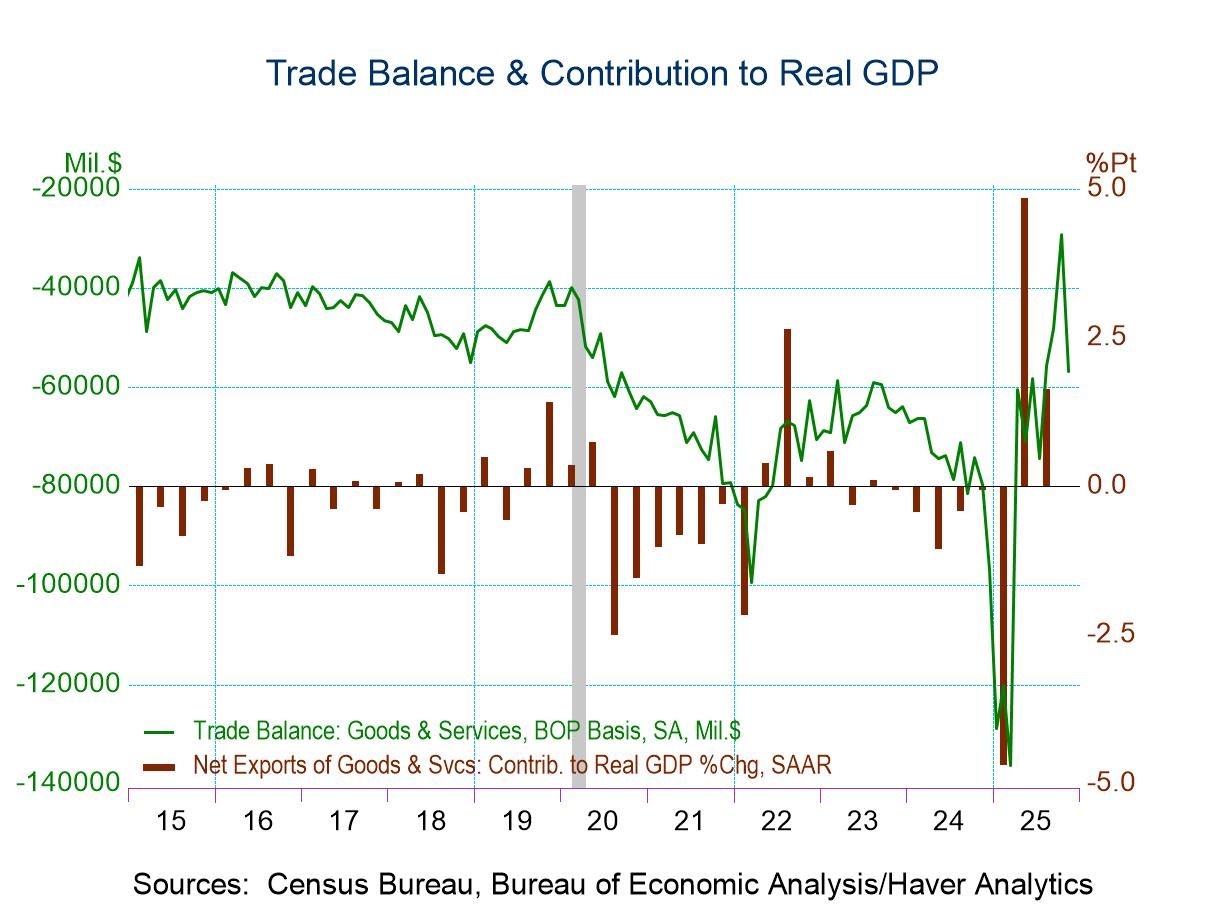 Global| May 15 2012
Global| May 15 2012EMU GDP Weakens For Many But Overall Holds At Zero
Summary
Walking a very fragile and thin line, EMU posted no decline in GDP year-over-year or quarter-to quarter by eking out zeros in each measure. Among the key early reporting members Cyprus, Italy, The Netherlands, Portugal and Spain [...]
 Walking a very fragile and thin line, EMU posted no decline in GDP year-over-year or quarter-to quarter by eking
out zeros in each measure. Among the key early reporting members Cyprus, Italy, The Netherlands, Portugal and Spain
posted GDP declines in 2012-Q1. Germany, Belgium and EMU ‘rebounded' from a negative growth quarter to avoid a
rule-of-thumb recession designation. France had been expected to slip into the below-zero-club but has managed to avoid it.
Walking a very fragile and thin line, EMU posted no decline in GDP year-over-year or quarter-to quarter by eking
out zeros in each measure. Among the key early reporting members Cyprus, Italy, The Netherlands, Portugal and Spain
posted GDP declines in 2012-Q1. Germany, Belgium and EMU ‘rebounded' from a negative growth quarter to avoid a
rule-of-thumb recession designation. France had been expected to slip into the below-zero-club but has managed to avoid it.
Still the graphic for the Big Three EMU economies shows the real downward pressure on GDP growth among the region's biggest economies.
The problems in the peripheral economies are still raging and there has been some contagion as well. In EMU, having posted a better quarter than expected is no panacea. We will have to see if the results stand up to revisions. Then we will have to see what these countries can do armed with an ideology of austerity to get themselves out of this funk. One possibility is to do nothing and rename it the funkadelic zone.
In Greece the leftist party is unwilling to compromise since it wants to force another election where it thinks it will win even more seats. That might happen. But it might not. I can only wonder what the Greece people will vote for now that they see that empowering the left has only lead to stalemate and after seeing that Europe is not giving in to it. The real choice is to go for austerity or leave the euro. So far Greeks have been confused since so many want to get out from under austerity but they also want to stay in the euro. I do not see the next Greek election with such clear cut results as voters ponder the realities.
As for the rest of EMU, Spain and Italy are dealing with more difficult times. Portugal's Q4 GDP disaster was not repeated in 2012-Q1 and it is the only European county in the table for which year-over-year GDP growth did not decelerate compared to the previous quarter's growth. But, numbers aside the zone is still very weak and fragile.
While some of the GDP numbers were not as bad as expected and EMU itself dodged a bullet in terms of avoiding a negative GDP result, the slowing and the pain and the challenges in Europe remain. There is nothing really in these numbers that is very encouraging.
| Euro-Area & Main G-10 Country GDP Results | |||||||
|---|---|---|---|---|---|---|---|
| Quarter over Quarter-SAAR | Year/Year | ||||||
| GDP | Q1-12 | Q4-11 | Q3-11 | Q1-12 | Q4-11 | Q3-11 | Q2-11 |
| EMU | 0.0% | -1.2% | 0.6% | 0.0% | 0.7% | 1.3% | 1.6% |
| Belgium | 1.2% | -0.2% | 0.0% | 0.5% | 1.2% | 1.8% | 2.2% |
| Cyprus | -1.2% | -1.2% | -3.2% | -1.4% | -0.8% | -0.2% | 1.4% |
| France | 0.2% | 0.3% | 1.1% | 0.3% | 1.2% | 1.5% | 1.7% |
| Germany | 2.1% | -0.7% | 2.3% | 1.2% | 2.0% | 2.7% | 2.9% |
| Italy | -3.2% | -2.6% | -0.8% | -1.3% | -0.4% | 0.4% | 1.0% |
| The Netherlands | -0.6% | -2.6% | -1.7% | -1.1% | -0.2% | 1.2% | 1.8% |
| Portugal | -0.1% | -5.0% | -2.5% | -2.2% | -2.8% | -1.9% | -1.1% |
| Spain | -1.2% | -1.1% | 0.1% | -0.4% | 0.3% | 0.8% | 0.8% |
| UK | -0.8% | -1.2% | 2.5% | 0.0% | 0.4% | 0.3% | 0.3% |
| US | 2.2% | 3.0% | 1.8% | 2.1% | 1.6% | 1.5% | 1.6% |
Robert Brusca
AuthorMore in Author Profile »Robert A. Brusca is Chief Economist of Fact and Opinion Economics, a consulting firm he founded in Manhattan. He has been an economist on Wall Street for over 25 years. He has visited central banking and large institutional clients in over 30 countries in his career as an economist. Mr. Brusca was a Divisional Research Chief at the Federal Reserve Bank of NY (Chief of the International Financial markets Division), a Fed Watcher at Irving Trust and Chief Economist at Nikko Securities International. He is widely quoted and appears in various media. Mr. Brusca holds an MA and Ph.D. in economics from Michigan State University and a BA in Economics from the University of Michigan. His research pursues his strong interests in non aligned policy economics as well as international economics. FAO Economics’ research targets investors to assist them in making better investment decisions in stocks, bonds and in a variety of international assets. The company does not manage money and has no conflicts in giving economic advice.






